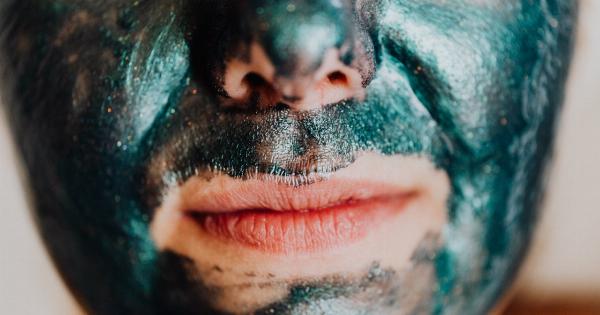We all know that what we eat affects our bodies, but did you know that it also affects our skin? Your diet can have a significant impact on the health and appearance of your skin.
In this article, we will discuss the impact of four common foods: milk, wine, sugar, and gluten.
The Impact of Milk on Your Skin
Milk is a staple in many people’s diets, but it may not be doing your skin any favors. Milk contains hormones that can cause inflammation and acne. In fact, studies have shown that consuming milk can increase the severity and frequency of acne.
The hormones in milk can stimulate oil production in your skin, leading to clogged pores and breakouts. Additionally, milk contains lactose, which can cause digestive issues for some people.
These digestive issues can manifest as skin problems such as eczema or psoriasis.
The Impact of Wine on Your Skin
Wine is a popular alcoholic beverage, but it can also have a negative impact on your skin. Wine contains sulfites, which can trigger allergic reactions in some people. These allergic reactions can lead to skin problems such as hives or rashes.
Additionally, drinking wine can dehydrate your skin, making it appear dull and tired. Alcohol is also a diuretic, which means it can increase your urine output and lead to dehydration.
To combat the dehydrating effects of wine, make sure to drink plenty of water throughout the day.
The Impact of Sugar on Your Skin
Sugar is a type of carbohydrate found in many foods, including candy, soda, and baked goods. Consuming too much sugar can have a negative impact on your skin. When you eat sugar, your body produces insulin to regulate your blood sugar levels.
However, when your body produces too much insulin, it can lead to inflammation.
Inflammation can cause your skin to become red and irritated, and it can even lead to premature aging. Additionally, sugar can break down collagen and elastin in your skin, leading to wrinkles and sagging.
The Impact of Gluten on Your Skin
Gluten is a protein found in wheat, barley, and rye. For people with celiac disease or a gluten sensitivity, consuming gluten can cause digestive issues such as bloating, diarrhea, and constipation.
These digestive issues can manifest as skin problems such as eczema or acne.
Additionally, some people with celiac disease or a gluten sensitivity may experience a skin condition called dermatitis herpetiformis. This condition causes itchy, blistering skin that can be painful and uncomfortable.
Conclusion
Your diet can have a significant impact on the health and appearance of your skin. Milk, wine, sugar, and gluten are just a few foods that can cause skin problems.
If you notice that your skin is reacting to a certain food, try eliminating it from your diet for a few weeks to see if your skin improves. Remember, a healthy diet is not only good for your body, but it’s also good for your skin.































